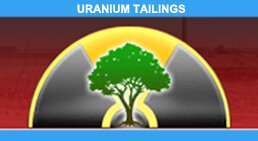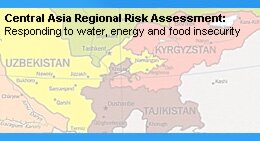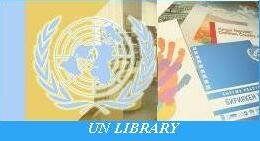| UNICEF trucks supplies to ethnic Uzbeks fleeing violence in Kyrgyzstan |
|
NEW YORK, USA, 14 June 2010 – UNICEF Representative in Uzbekistan Jean-Michel Delmotte has described a chaotic situation as thousands of ethnic Uzbeks, mostly women and children, flee ethnic violence in neighbouring Kyrgyzstan. “I saw barbed wire, and a hole in the barbed wire, and people fleeing, entering Uzbekistan,” said Mr. Delmotte. “Ninety-five per cent of them were women and children. The pressure was extremely high and people were fleeing very rapidly.” Camps have been set up to accommodate those who left Kyrgyzstan with no food and few belongings besides the clothes they were wearing when they fled. Although some drinking water remains available, media reports indicate that water-borne illnesses may already be spreading among the affected children. UNICEF is dispatching 900 packs of water-purification tablets and about 1,800 water containers as part of its initial assistance. And a technical assessment of the hygiene and sanitation needs of the refugee population is in the works. By Chris Niles Photo 1: Uzbekistan Ministry of Emergency Affairs trucks are loaded with UNICEF emergency supplies for refugees in the Feghana Valley, where thousands of ethnic Uzbeks have fled across the border from Kyrgyzstan. © UNICEF Uzbekistan/2010 Photo 2: Near the Uzbek village of Jalal-Kuduk, emergency workers and volunteers pass traditional flat bread to ethnic Uzbek refugees from Kyrgyzstan. © AP Photo/Ilyasov |





